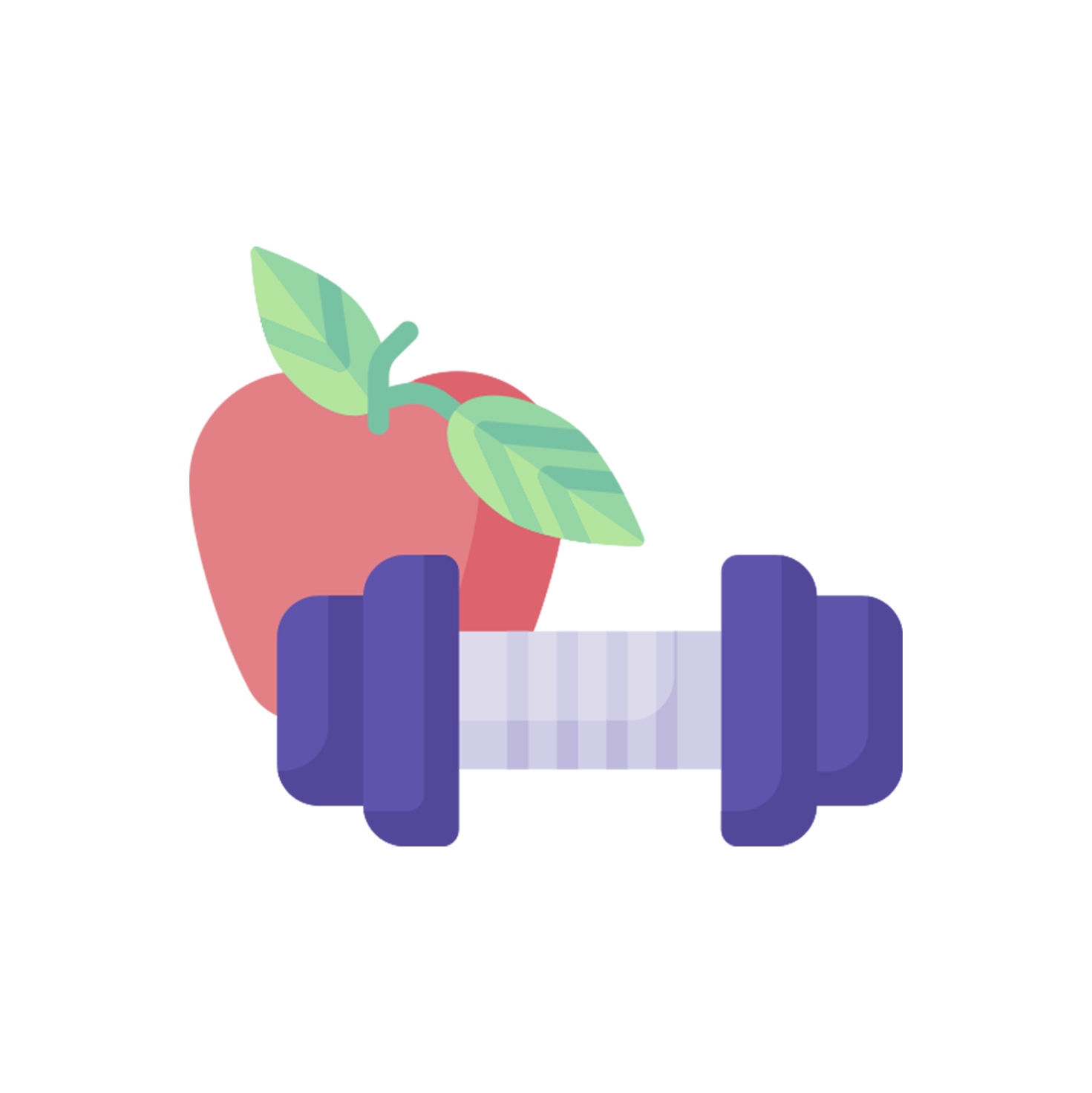What Are Superfoods?
Many of you may hear of ‘Superfoods,’ but do you know the criteria for determining a superfood? In fact, there is no set criteria or scientific proof on the ‘superfood’ label. The terminology, 'superfood' is more of a group name for food that has great health benefits. Generally, superfoods refer to food that is thought to be nutritionally dense and thus good for one's health.
What Are the Benefits of Having Superfoods?
Superfoods comprise a variety of nutrients, such as vitamins, minerals, antioxidants, healthy fats, dietary fibres etc. With low calories, having more superfoods can help you control your weight and prevent numerous diseases, including cardiovascular disease, diabetes, and even cancer.
What Are Cruciferous Vegetables?
Cruciferous vegetables are a large and diverse group of edible plants, each proving strong and unique flavors. The group is named after the Latin word for ‘crucifix’ since the blossoms of these plants resemble a cross. This kind of vegetable has risen in popularity recently due to its apparent cancer-fighting properties.
Common Cruciferous Vegetables
Examples of cruciferous vegetables include:
- Arugula
- Bok choy
- Broccoli
- Brussels sprouts
- Cabbage
- Cauliflower
- Kale
- Radish
- Turnips
What Are the Health Benefits of Cruciferous Vegetables?
Cruciferous vegetables are good for your health in many ways, and their health benefits are well proven by many authorities. Cruciferous vegetables are low-calorie and rich in folate, vitamins C, E, and K and dietary fiber.
Cancer Prevention
The vegetables also contain glucosinolates which give a unique aroma and flavour. When cooking the vegetables, the glucosinolates break down into indoles and isothiocyanates. According to the animal testing done by the National Cancer Institute of the United States, these compounds can protect cells from DNA damage, inactivate carcinogens, and have antibacterial and anti-viral effects.
Another research from Oregon State University also proved that higher cruciferous vegetable intake effectively mitigates the risk of lung cancer and colon cancer by analyzing the correlation between individuals’ eating habits and cancer risk.
Prevent Cardiovascular Sclerosis
Moreover, as pointed out by the 2018 research from the University of Western Australia, the cardiovascular walls of older adult women, who eat more vegetables, are 0.05mm thinner than those having fewer vegetables. The researchers also found that the thickness of the cardiovascular walls can be 0.8% thinner if you consume 10g of cruciferous vegetables more every day. Compared with other kinds of vegetables, cruciferous vegetables are more effective in preventing cardiovascular sclerosis.
More Health Benefits
Apart from preventing cancer and cardiovascular diseases, the nutrients of cruciferous vegetables also bring the following benefits.
- Dietary Fibre: Protect intestinal health, increase satiety and help weight loss
- High potassium and low sodium: Reduce edema, lower blood pressure and maintain cardiovascular health
- Anthocyanidin: Fight free radicals that damage cells with antioxidation and anti-ageing effects
- Carotene: Plant-based vitamin A can boost immunity and protect your eyes
- Vitamin C: Anti-oxidation and foster the production of collagen to keep your skin healthy
- Vitamin K: Maintain blood coagulation and thus your blood health
How Many Cruciferous Vegetables Should You Eat?
As the World Health Organization suggested, you should consume 400g (or five portions) of fruits and vegetables every day and include at least one kind of cruciferous vegetables for your health.
Although superfoods are beneficial for your health, they are not a cure to all diseases. To stay away from illnesses and keep yourself healthy, you should remember to have a balanced diet and practice good living habits in your everyday life.
Source
- Live Science - What Are Superfoods?
- Healthline - Cruciferous Vegetables: Health Benefits and Recipes
- Topick - 西蘭花以外的十字花科蔬菜 營養師:具抗氧化功能被視為抗癌食物
© Cigna Healthcare 2023
Information provided in this article is intended for health and fitness purposes only and is not intended for use in the diagnosis of disease or other conditions, or in the cure, mitigation, treatment or prevention of disease (see Terms & Conditions for details). Any health-related information found in this article is available only for your interest and should not be treated as medical advice. Users should seek any medical advice from a physician, especially before self-diagnosing any ailment or embarking on any new lifestyle or exercise regime. Any information contained in this article may not be suitable, accurate, complete or reliable. Cigna Healthcare accepts no responsibility for the content or accuracy of information contained on external websites or resources, or for the security and safety of using them. "Cigna Healthcare" and the "Tree of Life" logo are registered trademarks of Cigna Intellectual Property, Inc. in the United States and elsewhere, licensed for use. All products and services are provided by or through operating subsidiaries, and not by The Cigna Group.



